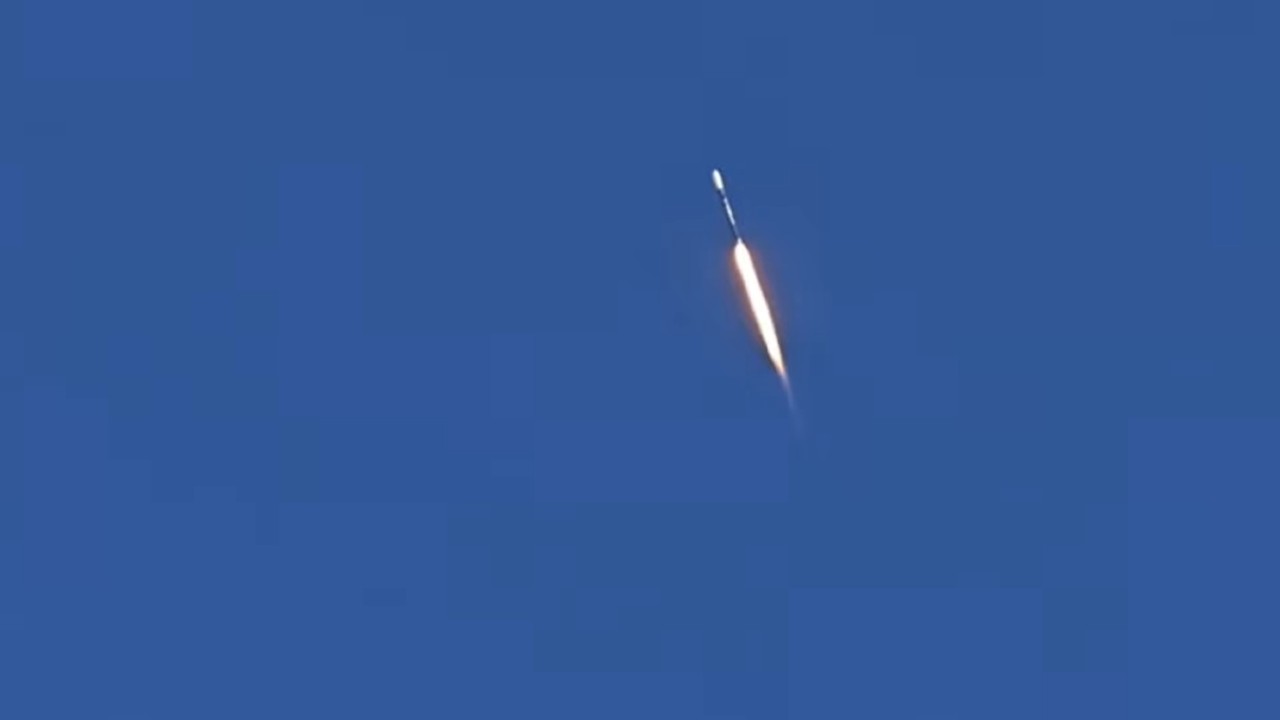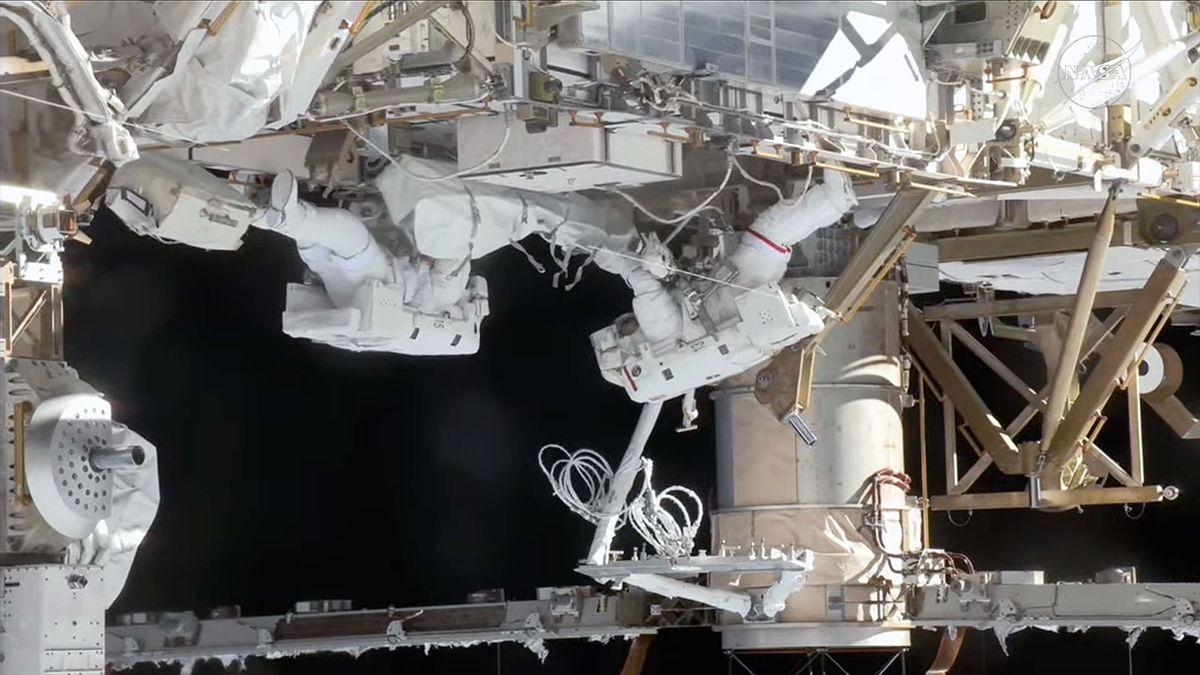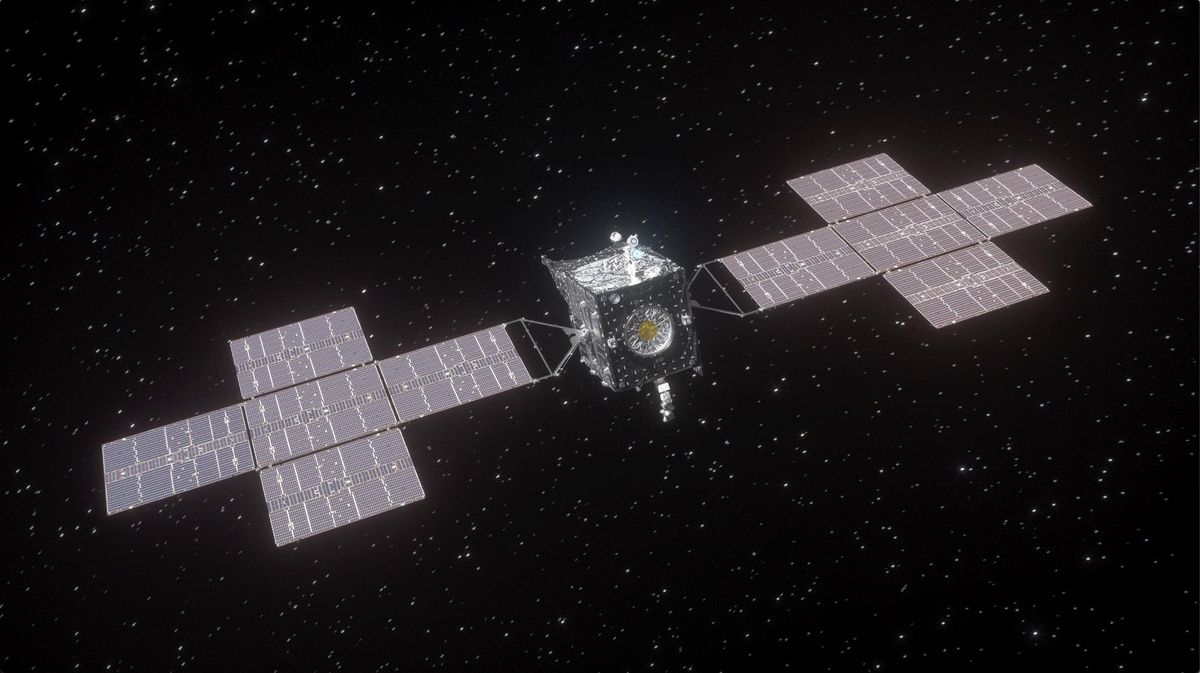Firefly Aerospace's Alpha rocket has been grounded until further notice.
The U.S. Federal Aviation Administration (FAA) is requiring an investigation into Alpha's latest flight, an April 29 launch from California's Vandenberg Space Force Base that ended in failure.
"A return to flight is based on the FAA determining that any system, process, or procedure related to the mishap does not affect public safety," the agency wrote in an update the day of the mishap. "In addition, Firefly may need to request and receive approval from the FAA to modify its license that incorporates any corrective actions and meet all other licensing requirements."
The April 29 mission, which Firefly called "Message in a Booster," was the sixth to date for the two-stage, 96.7-foot-tall (29.6-meter-tall) Alpha. The rocket was supposed to deliver a prototype version of Lockheed Martin's LM 400 multi-mission satellite bus to low Earth orbit, but that didn't happen.
Just after its two stages separated, Alpha suffered a mishap "that led to the loss of the Lightning engine nozzle extension, substantially reducing the engine’s thrust," Firefly wrote in a post-launch update. (Alpha's upper stage is powered by a single Lightning engine.)
"Initial indications showed Alpha's upper stage reached 320 km [199 miles] in altitude," the company added. "However, upon further assessment, the team learned the upper stage did not reach orbital velocity, and the stage and payload have now safely impacted the Pacific Ocean in a cleared zone north of Antarctica."

Firefly will lead the mishap investigation, though the FAA will be involved "in every step" and must approve the company's final report, according to the agency.
Alpha debuted in September 2021. Just two of its six flights have been fully successful.
.png)
 German (DE)
German (DE)  English (US)
English (US)  Spanish (ES)
Spanish (ES)  French (FR)
French (FR)  Hindi (IN)
Hindi (IN)  Italian (IT)
Italian (IT)  Russian (RU)
Russian (RU) 









Comments